Ali Smith is that rare thing in Britain: a much-beloved experimental writer. Part of her attraction for readers is that she continually connects formal innovation and the freedom to reinvent a story with the freedom to reinvent the self. It’s a beguiling proposition that can make liberation seem like a matter of style. Following the success last year of How To Be Both, the most dazzling and accomplished of her novels, Smith planned to write a long-gestated novel quartet, its four volumes reflecting successive seasons — an idea that would allow her to pursue her fascination with what is perhaps the novel’s greatest subject: time. But the times overtook her, and the events of 2016 turned Autumn, the first of her intended novels, from a farce in an antique shop into a meditation on the upheavals surrounding Brexit.
Autumn opens by acknowledging that it is a tale, one, which like all tales, is influenced by others and fashioned in part from their language. ‘It was the worst of times, it was the worst of times,’ Smith begins, and once again, ‘Things. They fall apart.’ From the imaginative place Christina Stead once called the Ocean of Story and Salman Rushdie, the Sea of Story, a figure emerges, washing up on some unknown shore. He is a literary figure trailing the memories of Odysseus and Crusoe in his wake, who questions everything (is he dead or alive?) and keeps changing shape, morphing from nakedness to leaf-dressed Green Man, from old age to youth. Daniel Gluck is his name and he recalls a life of good fortune, of being lucky through the accidents of time. But as he strolls along the beach to discover what kind of world he has landed in, Gluck finds the corpses of children lying close by holidaymakers sunning themselves under parasols. Something is amiss here: in more ways than one the times are out of joint.
From these dreamlike beginnings, Smith’s novel jumps into a prosaic world where Elizabeth Demand keeps vigil at Gluck’s bedside as he lies unconscious in a care home, hovering at death’s door. A refugee from fascism in Europe, Gluck was once a neighbour who befriended her in lonely adolescence. Watching him now, she thinks back over this vital relationship in which he opened up the world of art to her. The rest of her time is spent queuing for a passport in a soon-to-be-closed-down Post Office, battling with the Kafkaesque bureaucracy that seems determined to stop those unhappy about Brexit from leaving the country. She also visits her mother, who lives in an English village where the mood is turning sour. People glower at strangers on the street, someone has daubed ‘Go Home’ across the front of a house, and a faceless company erects a giant fence around a patch of common land. Meanwhile her mother, in the grip of nostalgia, obsesses about an antiques TV show. This is England 2016, Smith tells us: narrow, suspicious and backward-looking. As the three parts of her book progress through the season’s three months, the political climate darkens with the weather.
Against this all too familiar gloom, Smith offers, once again, ideas about the moral value of art. In How To Be Both she argued for the inherent ‘friendliness’ of narrative, here (drawing on the Odyssey) she makes a demand for ‘hospitable’ stories. And where in the former novel she lionised the swinging Sixties and the young, free and stylish women of the French pop scene, so here the figure of hope is another Sixties figure, the similarly young and glamorous pop art painter, Pauline Boty, discussing in particular her portrait of Jean-Paul Belmondo with a huge open rose on his head.
It is clear that Smith is emphasising the delight and openness of art, its ability to hearten and fortify us in difficult times. But is this enough? The unease in Autumn stems not just from troubling signs of a nation becoming more divided and cruel, but from a writer looking to aesthetics as a salve for ugliness in politics. The final demand of the book, the demand of art, is that we pay greater attention — in this case to a ‘wide-open rose’ still blooming in the depths of November: ‘Look at the colour of it.’ But it feels as if Smith has failed to do precisely this, to look hard enough at what’s novel in the Brexit situation, what might disturb well-trodden narratives, relying instead on the consolations of art.
The post Things fall apart appeared first on The Spectator.
Got something to add? Join the discussion and comment below.
Get 10 issues for just $10
Subscribe to The Spectator Australia today for the next 10 magazine issues, plus full online access, for just $10.
You might disagree with half of it, but you’ll enjoy reading all of it. Try your first month for free, then just $2 a week for the remainder of your first year.

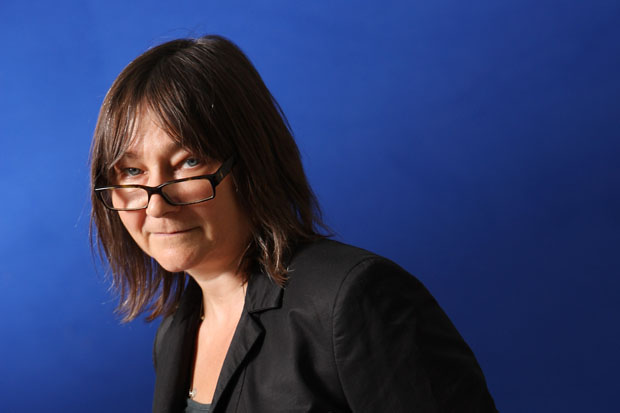
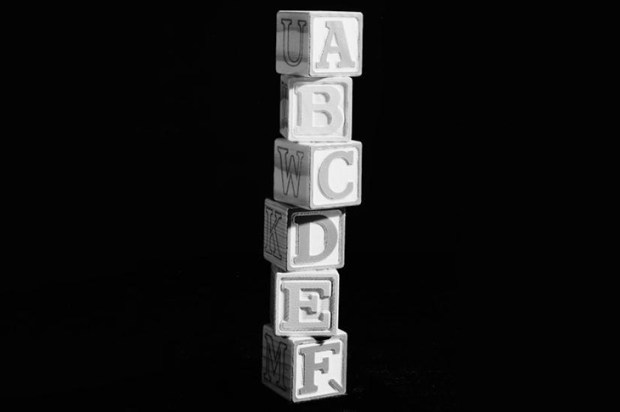
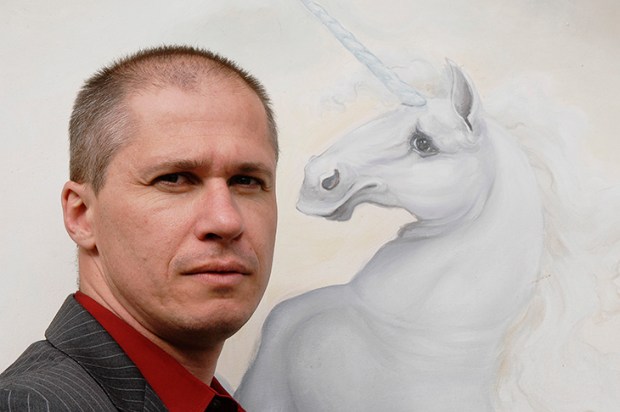
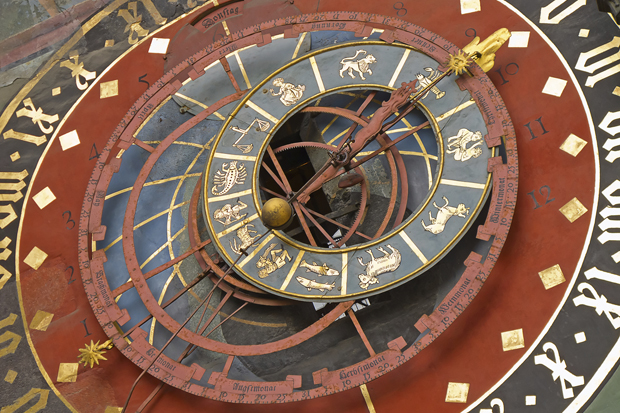
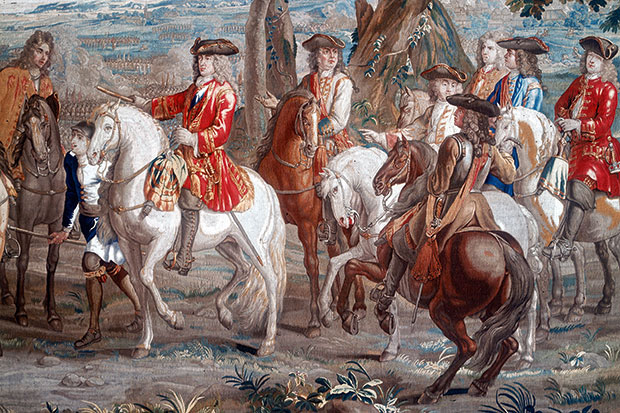
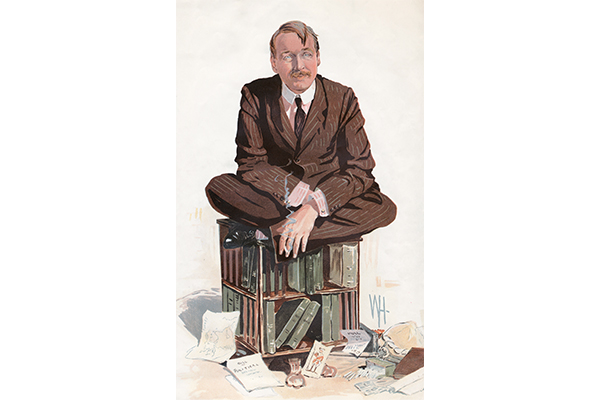
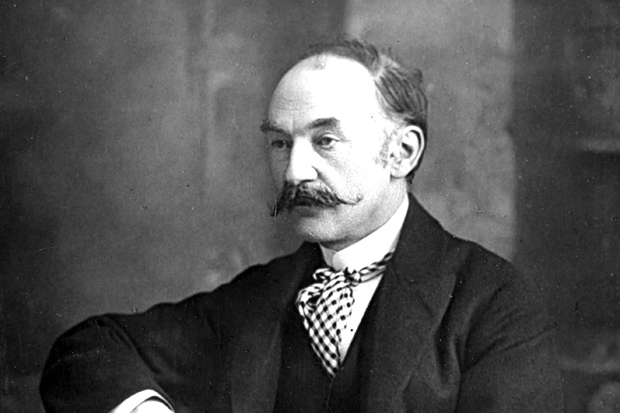






Comments
Don't miss out
Join the conversation with other Spectator Australia readers. Subscribe to leave a comment.
SUBSCRIBEAlready a subscriber? Log in